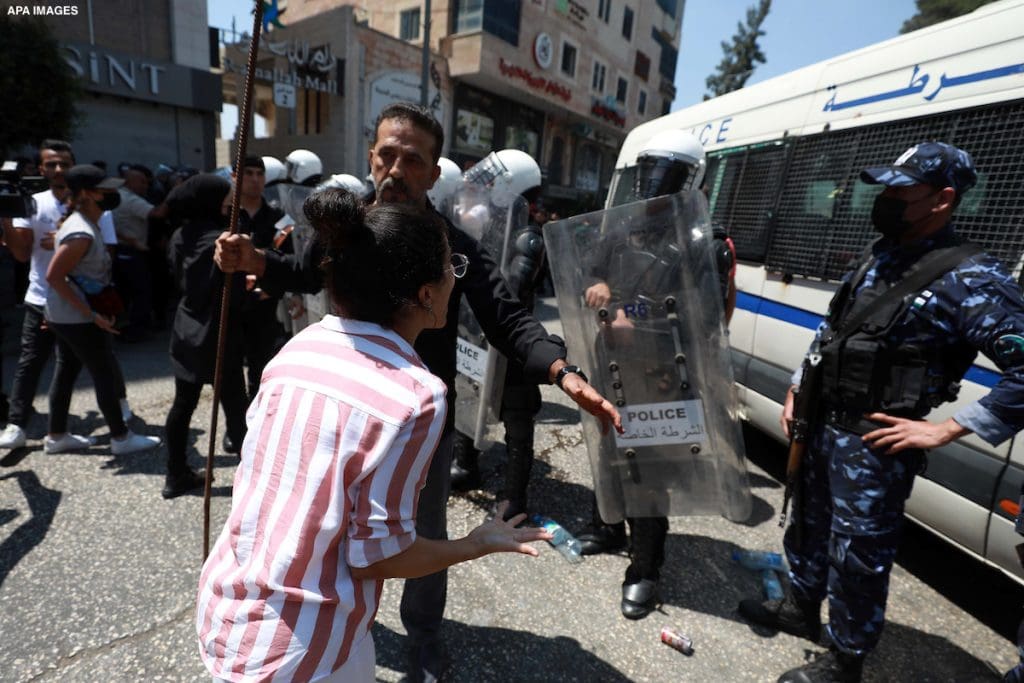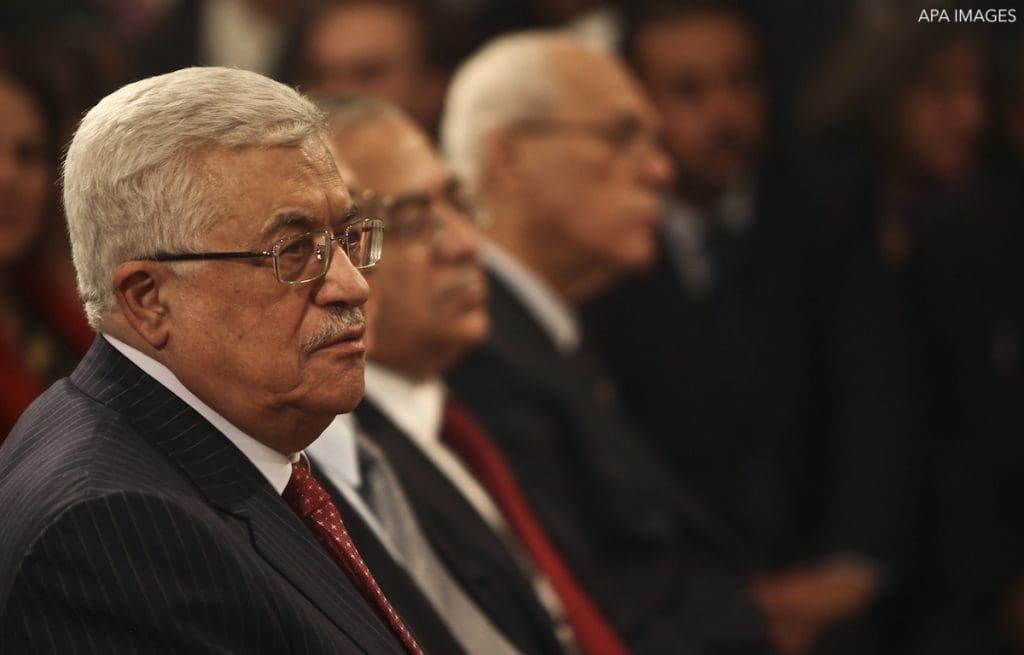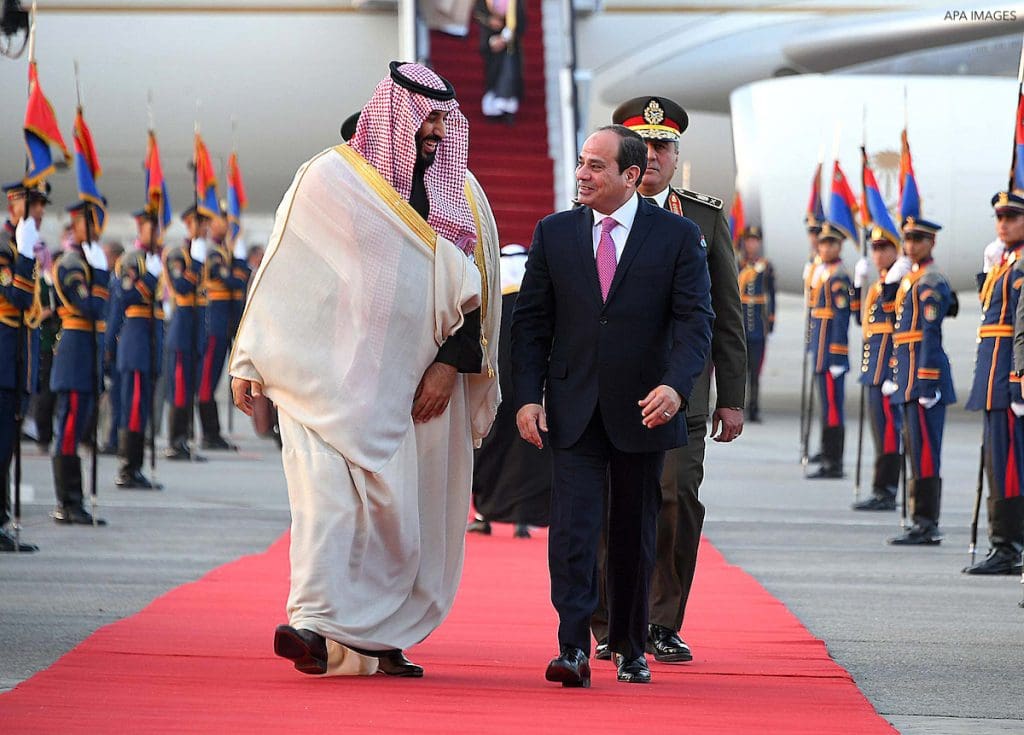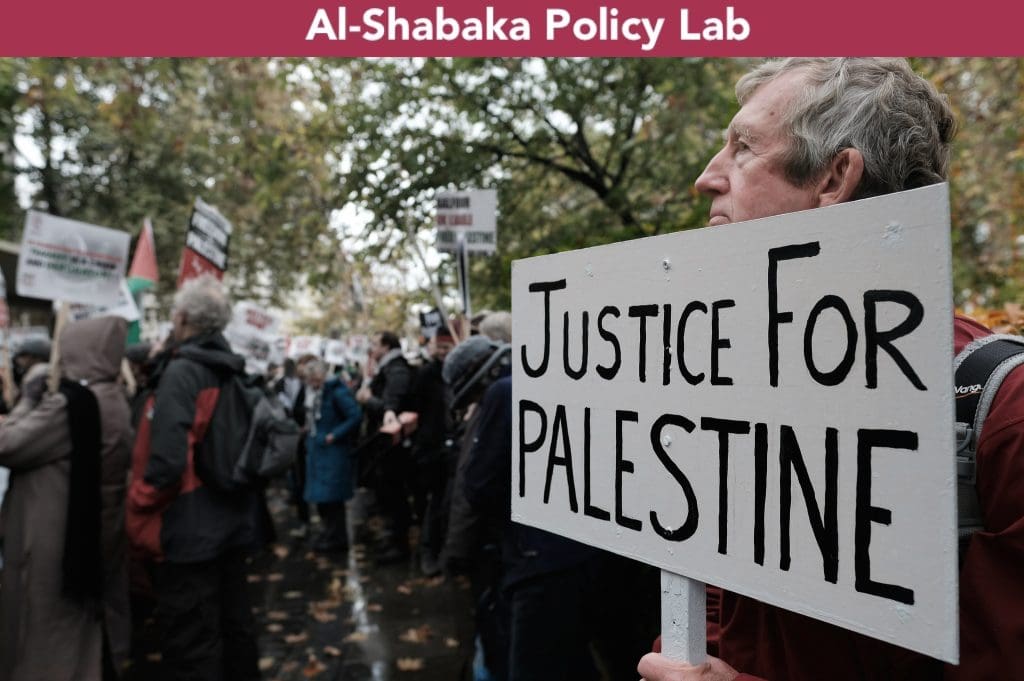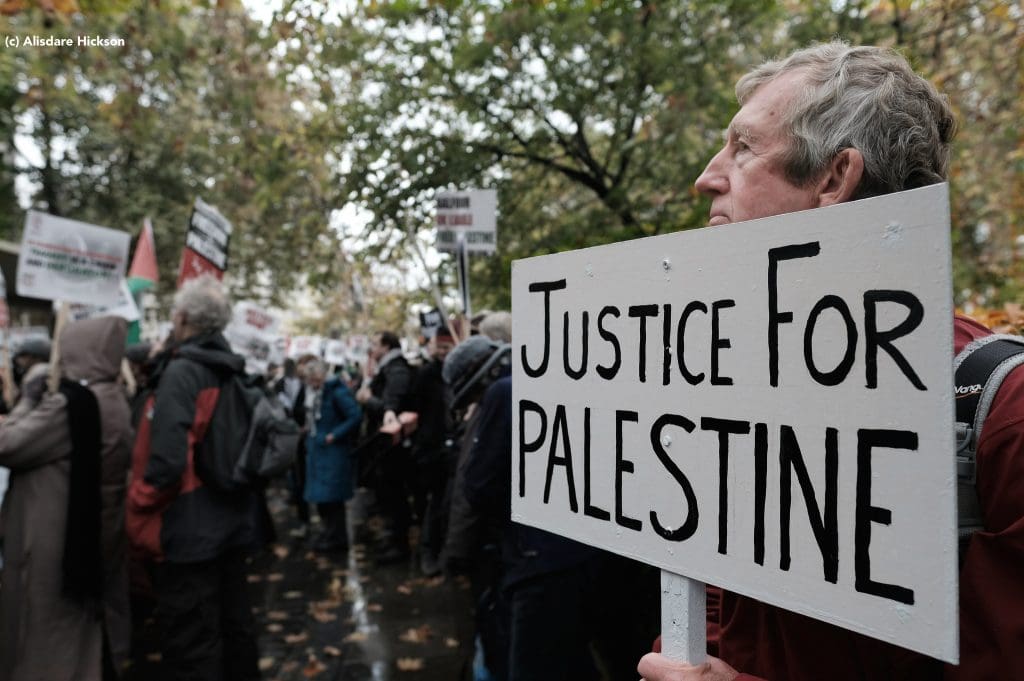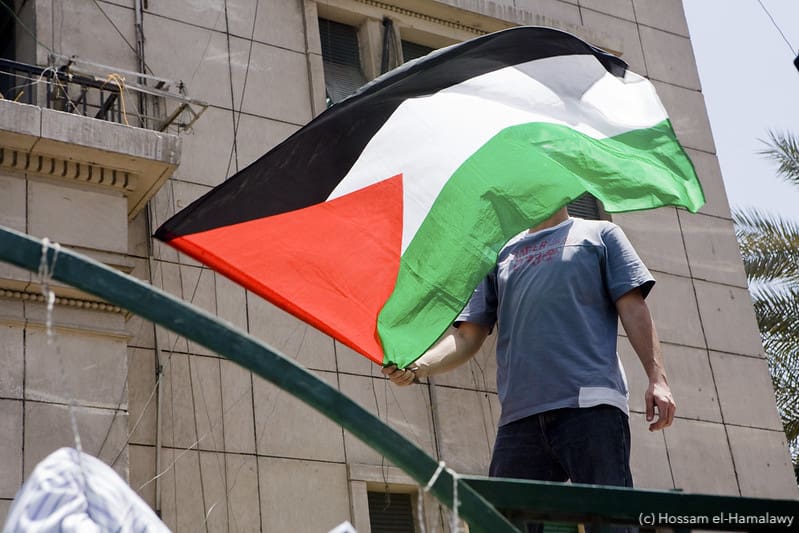Al-Shabaka Policy Member Loubna Qutami is a Presidents Postdoctoral Fellow at the University of California, Berkeley. She has a PhD from the Department of Ethnic Studies at the University of California, Riverside. Qutami is also the former Executive Director of the Arab Cultural and Community Center (ACCC) in San Francisco as well as a founder, member, and the former International General Coordinator for the Palestinian Youth Movement (PYM).
From this author
Punctuated by the outbreak of the Unity Intifada in May 2021, the trajectory of Palestinian resistance is experiencing a watershed phase marked by new actors and themes. With the effective neutralization of the Palestinian Liberation Organization (PLO) since the 1993 Oslo Accords, the deepening geopolitical fragmentation of Palestinians across colonized Palestine and the world, and the global shift to cyberspace, new opportunities — and threats — to Palestinian resistance have emerged.




+
Sam Bahour,Rana Barakat,Mary Nazzal-Batayneh, + MoreOroub el-Abed,Nadia Hijab,Victor Kashkoush,Anis Kassim,Osamah Khalil,Mouin Rabbani,Jamil Hilal,Loubna Qutami,Haidar Eid,Yara Hawari,Nadim Nashif,Raya Naamneh,Omar Barghouti,Marwa Fatafta,Tariq Dana,Hatem Bazian,Noura Erakat,Alaa Tartir,Issam Younis,Nada Awad,Nur Arafeh,Diana Buttu,Ingrid Jaradat Gassner· Aug 26, 2021
The Palestinian national movement is in an acute state of crisis, and the Palestinian political system and institutions are incapable of bringing the Palestinian people closer to realize their rights. The existing style of governance and models of leadership prove on a daily basis to be unfit for present and future Palestinian generations seeking equality, justice, and freedom above all.
Progressive political analysts often critique Arab states for abandoning the Palestinian struggle for liberation. This roundtable, facilitated by Al-Shabaka Policy Analyst Nadine Naber and with contributions from Al-Shabaka Policy Analysts Ibrahim Fraihat, Loubna Qutami, and Sherene Seikaly, interrogates this critique, offering nuanced perspectives on whether and to what extent Arab states have abandoned or compromised the Palestinian cause.




+
Is the global Palestine solidarity movement exerting its energy in the right places? How can the movement better coordinate with developments in Palestine? Is Palestinian self-determination sufficiently reflected within the movement?



The past decade has seen major shifts in Palestinian and Palestine solidarity activism in the US. Many of these changes both inform and are caused by the explosion of awareness of the Palestinian struggle. However, Palestine’s newfound popularity does not necessarily translate into more political power or better conditions for Palestinians.

Loubna Qutami· Jan 4, 2018
In this Roundtable, Al-Shabaka Policy Advisors Haidar Eid and Samah Sabawi as well as guest contributor Loubna Qutami discuss Noura Erakat’s policy brief Beyond Sterile Negotiations: Looking for a Leadership with a Strategy. They critique issues relating to the Boycott National Committee (BNC), the questions of representation and self-determination, the colonial condition, and the future of the struggle. In her response, Erakat expresses her concern over the fragmentation of the Palestinian national body and the failure to articulate a political vision for a solution. She argues that Palestinians should adopt a one-state solution as a political vision that aims for the equality of all persons irrespective of nationality, ethnicity, religion, or race.




+






